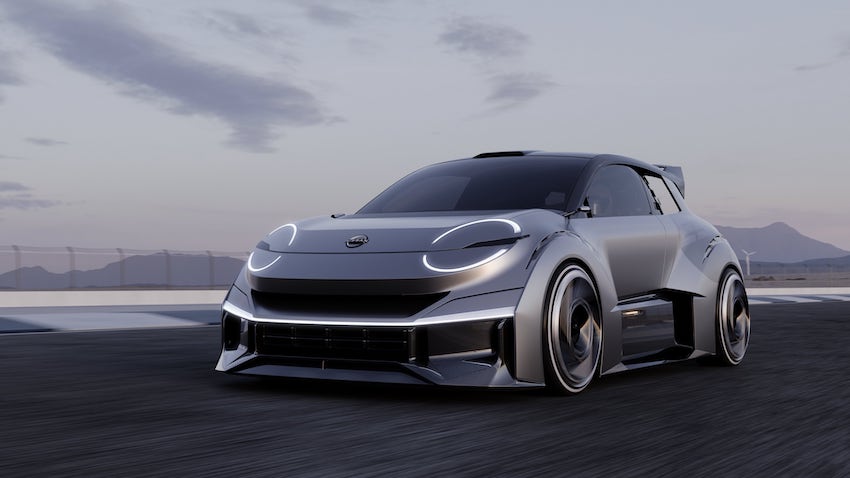Nissan to go fully electric by 2030 despite ICE ban delay
Nissan has committed to going fully electric by 2030, despite the government pushing the ban on the sale of new petrol and diesel vehicles by five years.
With many countries debating when to ban sales of internal combustion engines, Nissan is pressing ahead with plans to achieve 100% EV in Europe by 2030, with all new Nissan models from now to be all-electric in Europe.
With capability to design, engineer and build vehicles in the UK, and building on the brand’s core strengths of electrification and crossovers, the switch will also support Nissan’s drive towards carbon neutrality.
“EV is the ultimate mobility solution. More than a million customers have already joined our journey and experienced the fun of a Nissan electric vehicle, and there is no turning back now,” said Makoto Uchida, Nissan President and CEO.
“EVs powered by renewables are key to us achieving carbon neutrality, which is central to our Ambition 2030 vision. Nissan will make the switch to full electric by 2030 in Europe – we believe it is the right thing to do for our business, our customers and for the planet.”
Globally, under Nissan Ambition 2030, Nissan is introducing 27 electrified vehicles, including 19 EVs, by 2030. In this period Nissan is also introducing cobalt-free technology to bring down the cost of EV batteries by 65% by fiscal year 2028.
Nissan also aims to launch EV with its proprietary all-solid-state batteries (ASSB) by fiscal year 2028. With the introduction of breakthrough ASSB, Nissan will be able to expand its EV offerings across segments and offer more dynamic performance.
By reducing charging time to one-third, ASSBs will make EVs more efficient and accessible. Further, Nissan expects ASSB to bring the cost of battery packs down to $75 per kWh by fiscal year 2028 and aims to bring it further down to $65 per kWh to achieve cost parity between EV and gasoline vehicles in the future.
Two future Nissan EVs have already been confirmed for Europe, including an all-new compact EV which will succeed the iconic Nissan Micra as the entry-level vehicle in the Nissan line-up. The other vehicle will be built at Nissan’s record-breaking UK plant in Sunderland, as part of the £1bn EV36Zero project, a blueprint for the future of automotive, bringing together EV manufacturing, battery production and renewable energy.
New 20-23 Concept unveiled
The commitment comes as Nissan continues its investment programme in its European R&D teams, both of which are marking historic anniversaries by advancing their cutting-edge work on future vehicles and technology.
Earlier this week, on the banks of a canal outside Nissan Design Europe (NDE), Nissan unveiled the ‘Concept 20-23’, a sporty, urban EV concept celebrating the 20th anniversary of the studio opening in Paddington, London.
At the nearby Nissan Technical Centre Europe, where the Nissan R&D team this year mark their 35th anniversary, the UK’s latest real-world autonomous driving study, called evolvAD, is taking place with a focus on residential and rural roads, supported by the UK Government.
An investment programme of more than €40m is ongoing across both sites, supporting activities including:
– In NDE, the upgrade of building facilities, design tools and resources and additional staff
– In NTCE, of new technology and facilities with more than €26m invested just in electrification projects.
